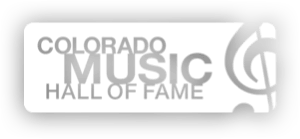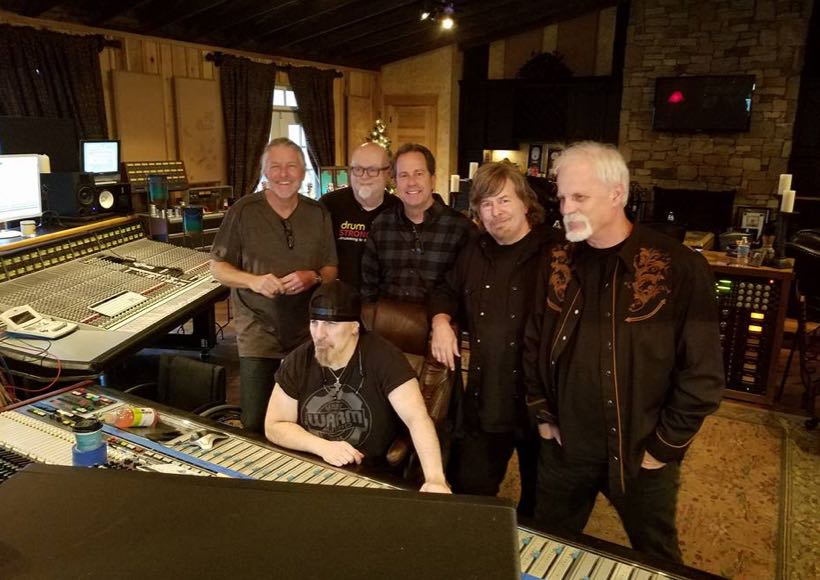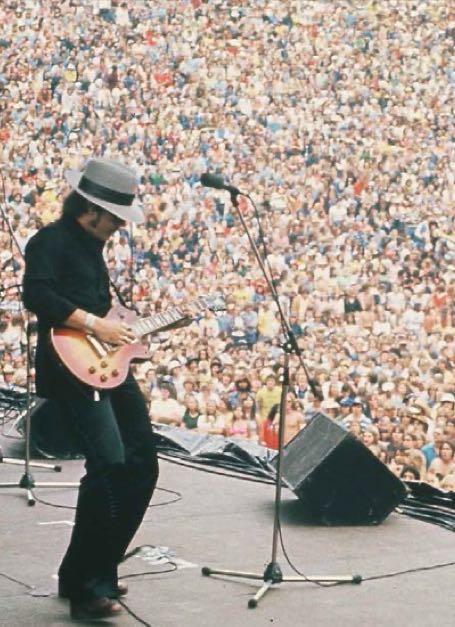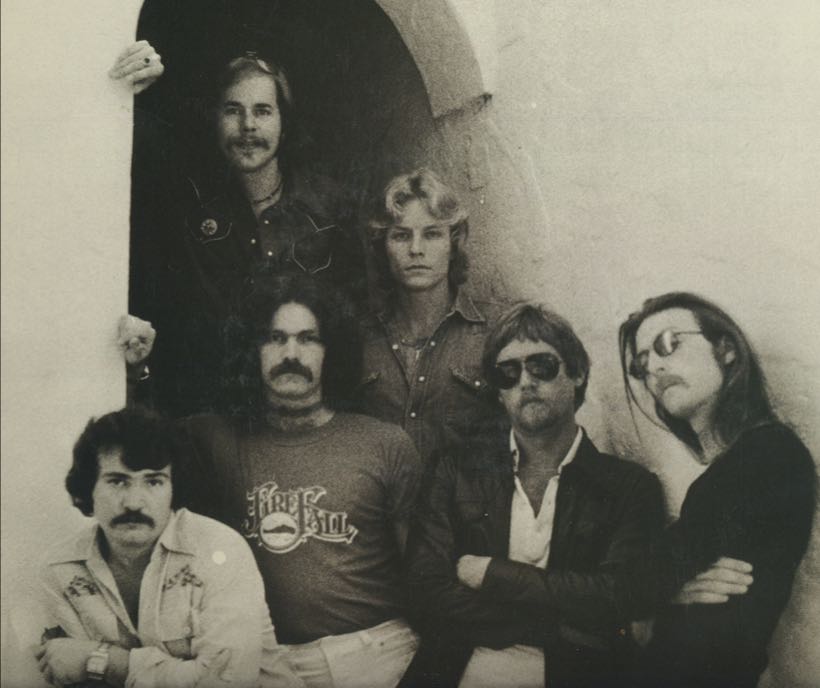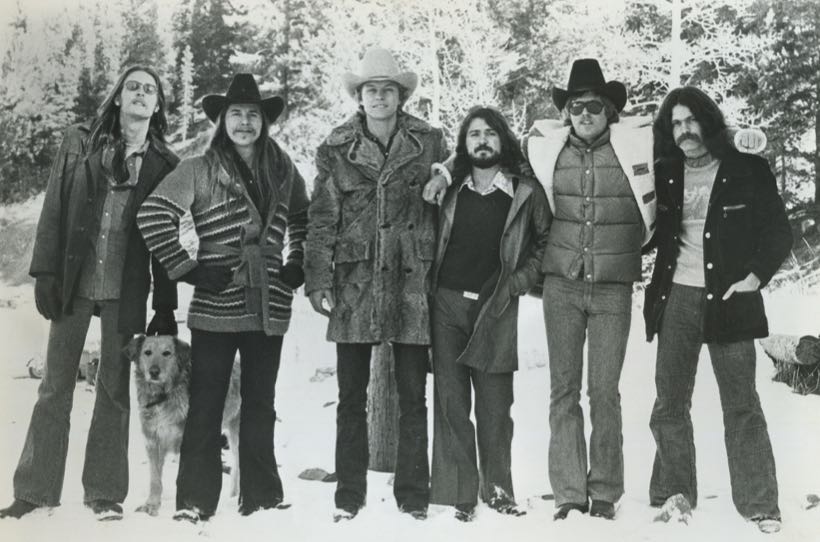Gram Parsons, one of country-rock’s brightest lights…
…and most tragic figures, unknowingly drew Firefall’s elements together. From 1970 to 1972, singer-songwriter Rick Roberts helped fill the vacuum left by Parsons when he departed from the Flying Burrito Brothers to go solo. For his part, guitarist Jock Bartley, who’d replaced Tommy Bolin as a member of Colorado Music Hall of Fame inductee Zephyr, had moved on to join the Fallen Angels, Parsons’ backing group. In 1973, Roberts and Bartley connected in New York City, where both were on tour at the time, and they subsequently got together in Boulder and forged a musical partnership.
Before long, Roberts and Bartley had fleshed out Firefall’s original lineup. Roberts suggested singer-songwriter Larry Burnett, whom he’d met during his travels. Mark Andes, founding bassist of the groups Spirit and Jo Jo Gunne, was also invited aboard. And on drums, the players took the suggestion of country-rock icon Chris Hillman and recruited Michael Clarke, who’d played with him and Parsons in both the Flying Burrito Brothers and its famed precursor, the Byrds.
